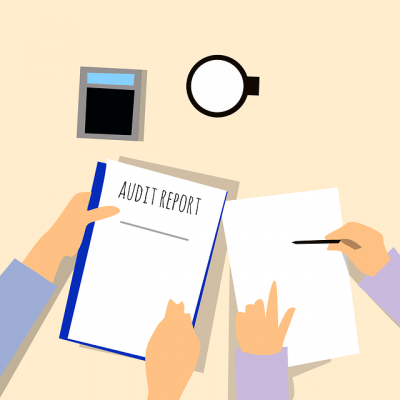UKAS ISO 14001:2015 and FSC® Audits in Telford
Over the course of the last week, I have been lucky enough to attend UKAS ISO 14001:2015 and FSC® Audits in Telford.
The company I visited on both of these occasions for their audits are in the packaging industry.
Their primary source of packaging is plastic which is obviously going through quite a transition period at the moment.
Plastic Packaging
During the last 12 months, there has been a consumer-driven shift away from plastic packaging.
Who hasn’t been into a restaurant recently and handed a paper straw rather than the expected plastic ones we have used for years?
This drive kicked off at the back end of 2018 with a documentary on Sky News – A plastic tide. It highlighted the effect that single-use products have on our planet.
At the time of its release, I did also produce a blog, which can be read here.
How does this affect the packaging industry?
Until these visits over the last week, I did not realise the effects this will have on companies in the packaging industry.
Although biodegradable and compostable alternatives are available, the use of them appears not to come without risk.
There is still some uncertainty as to whether these products can be fully digested in an industrial composter.
Also, there is some proof that by using these materials we could be increasing our carbon footprint.
In addition to this compostable plastics could not be included with conventional plastic waste. How do we raise awareness of this? What happens if recyclable and non-recyclable products get mixed in the waste?
At the moment the companies producing these items and the machinery used are geared towards plastic.
To change these over to produce biodegradable or compostable products would firstly come at a cost.
Secondly what if it is found that the carbon footprint increases by using these products. Or indeed that actually the end consumers are not willing to pay the additional costs for these items? What happens then?
At this time there is a huge amount of uncertainty surrounding this, and they are not at all sure which direction they will move in.
Certification
Although there is so much uncertainty with this, the company I visited seems to have a good idea of how they want to deal with this.
Firstly they are FSC® certified. This means that if they were to go down the paper route, they would be using FSC® certified products, to show that they are responsibly sourcing these items.
Secondly, they are certified to the UKAS ISO 14001:2015 standard. This, in particular, demonstrates that they are committed to reducing their impact on the environment.
This combination of certification means that they are prepared for whatever the future may hold.
Obtaining Certification
If you are interested in obtaining certification then it would be great to hear from you.
You can call us on 01952 288325 or you can also initiate a live chat on our website.
Recent Posts
Interface Insights: Innovative approaches to ISO 45001
Innovative Approaches to ISO 45001 Implementing ISO 45001 is a strategic move for businesses aiming to enhance workplace safety. This standard is pivotal for improving occupational health and safety (OHS) by reducing workplace risks [...]
Interface Insights: Best practices for a quality management system
In today’s competitive business landscape, maintaining high-quality standards is paramount for success; however, it can be challenging. ISO 9001, a recognised standard for Quality Management Systems (QMS), provides a robust framework for businesses [...]
Interface Insights: Industry-wide impact of ISO 14001 on environmental footprint reduction
Industry-wide impact of ISO 14001 on environmental footprint reduction In today’s competitive business environment, sustainability has become a critical factor in operations across various industries. ISO 14001 is an internationally recognised standard for environmental [...]

